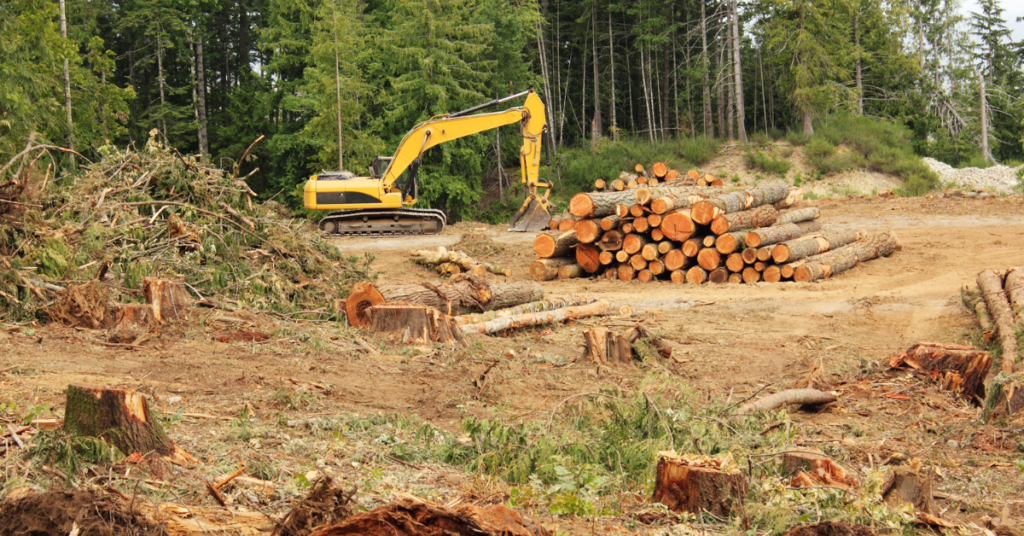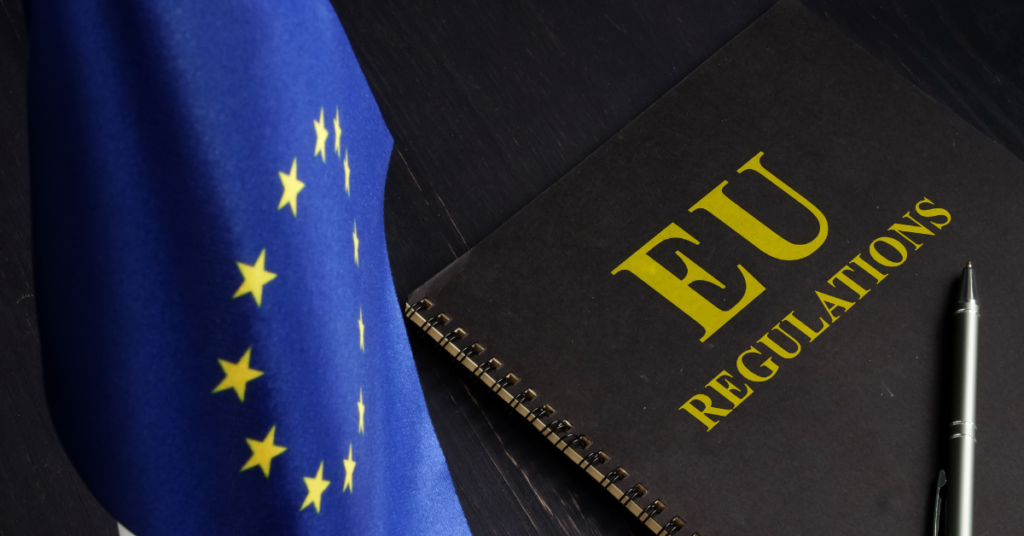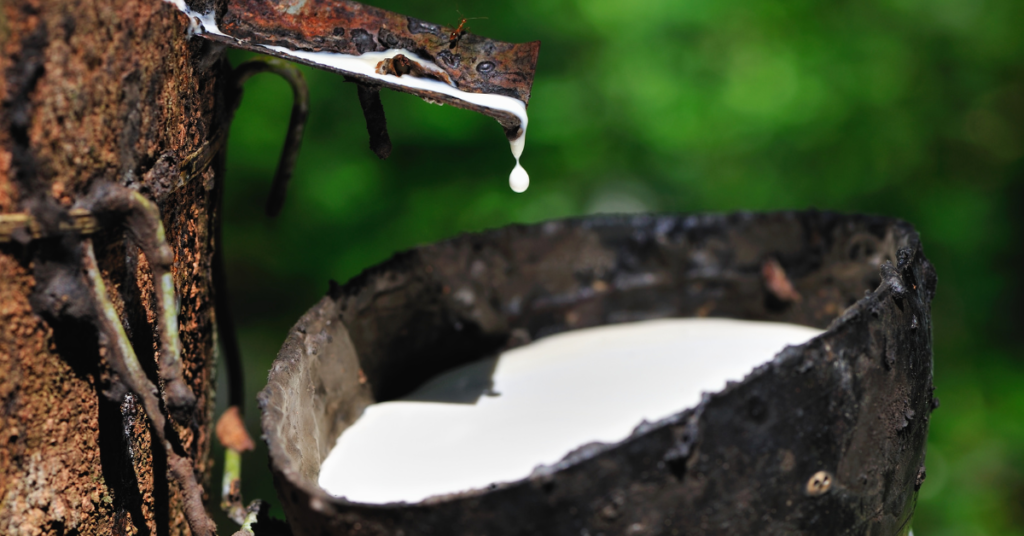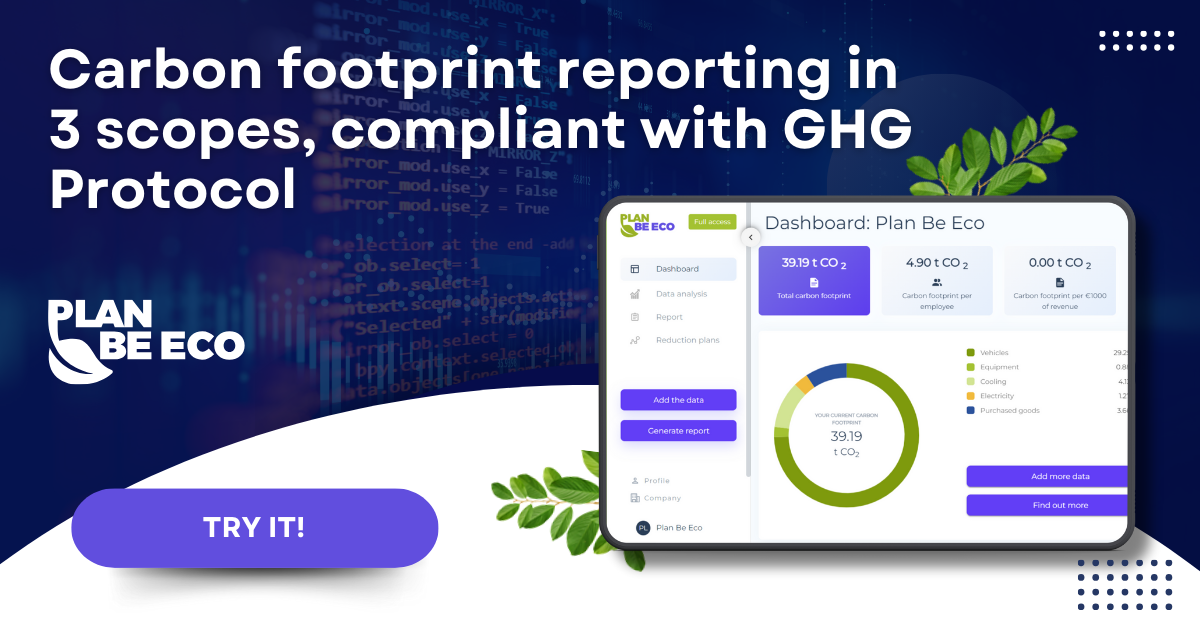EUDR – EU regulation against forest degradation. What do companies need to know?

In June 2023, the European Union adopted a groundbreaking regulation on deforestation-free products, known as the EUDR (European Union Deforestation Regulation). Its goal is to limit the import and sale on the EU market of raw materials and goods that contribute to deforestation and forest degradation. The EUDR is a key element of the Green Deal and the EU’s strategy for biodiversity protection and climate change mitigation.
What is the EUDR in the context of environmental protection?
The EUDR is a regulation binding in all EU Member States, adopted in June 2023, aimed at reducing global deforestation linked to the production and trade of raw materials and consumer goods. The regulation repeals the earlier EUTR (EU Timber Regulation) and significantly expands the scope of the legislation—both in terms of the products covered and the obligations placed on companies.
Unlike previous rules that focused mainly on the legality of timber harvesting, the EUDR introduces a new, stricter standard: a product must not only originate from a legal source under the laws of the country of origin but also must not contribute to deforestation or forest degradation after 31 December 2020.
In other words – a product may be compliant with local law, but if its production involved the conversion of forest land into agricultural land (e.g., for soy, coffee, or pasture) – it will not be allowed on the EU market.
What are the causes of climate change?
The new regulation introduces an obligation to verify the origin and environmental impact of each product covered. Companies must prove that their raw materials and goods have not contributed to deforestation, and documentation must include, among other things, the exact geographical coordinates of the raw material’s origin. In this way, the EU aims to eliminate from the market products that do not meet specific environmental criteria and to combat unfair competition at the expense of nature.
The EUDR is part of a broader EU climate and environmental policy aligned with the objectives of the European Green Deal, which aims to achieve climate neutrality by 2050. The regulation also has global implications—exporters from countries such as Brazil, Indonesia, Côte d’Ivoire, and Malaysia will be required to demonstrate the compliance of their products with EU standards.

What is the purpose of the EUDR regulation?
The purpose of the EUDR (European Union Deforestation Regulation) is to limit the import and trade of products on the EU market that contribute to deforestation or forest degradation.
The regulation is part of a broader EU strategy to halt global forest loss and promote forest restoration, first outlined in the European Commission’s 2019 communication, which highlighted the need to intensify actions to protect global forest resources.
Among the key objectives of the EUDR are:
Reducing the impact of EU consumption of goods on global deforestation and forest ecosystem destruction,
Cutting CO₂ emissions by approximately 32 million tonnes annually, equivalent to the yearly emissions of a medium-sized country,
Protecting global biodiversity by reducing pressure on tropical forests and other valuable natural areas.
This regulation forms an essential pillar of the European Green Deal and supports the achievement of the EU’s climate and biodiversity strategies for 2030, strengthening the EU’s role as a global leader in environmental protection.
What products are covered by the EUDR?
The regulation covers seven key raw materials and their derived products:
Wood (and wood-based products such as paper, pulp, and furniture),
Soy,
Beef (including leather and processed products),
Palm oil,
Cocoa,
Coffee,
Natural rubber.
Over time, this list may be expanded. Through this regulation, the EU aims to reduce pressure on tropical forests in South America, Asia, and Africa, thereby protecting natural resources, public health, and human rights.

Who is affected by the EUDR regulation?
The EUDR (European Union Deforestation Regulation) has a broad scope and applies to all economic operators who place on the EU market or export from the EU the raw materials and products listed in the annex to the regulation (including wood, soy, palm oil, beef, cocoa, coffee, rubber, and their derivatives). This means that EUDR does not apply only to producers – it also affects the entire network of intermediaries, distributors, and exporters, regardless of the scale of their operations.
The regulation applies to two main categories of entities:
Operators – companies that first place a product on the EU market or export it from the EU. Operators bear the primary responsibility for verifying the compliance of their products with the EUDR and must submit a formal due diligence statement in the EU’s information system.
Traders – companies that buy and sell products already on the EU market but are not the original importers or exporters. While their obligations are somewhat lighter than those of operators, traders are still required to store information about their suppliers and customers in their supply chain to ensure traceability.
The EUDR does not distinguish companies by size, meaning it applies to large international corporations as well as small and medium-sized enterprises (SMEs), including family-owned trading firms, local distributors, and retailers. Even a small company importing, for example, coffee, wooden furniture, or chocolate, will need to meet certain obligations if it wishes to operate legally within the EU market.
The regulation also applies to both B2B and B2C sales, including online sales, meaning that e-commerce platforms and their suppliers must also comply with the requirements if they sell covered products to consumers in the EU.
It is also important to emphasize that EUDR compliance will be required regardless of the product’s country of origin – even if raw materials or goods originate from EU Member States, they must meet the same criteria as those from third countries.
When does the EUDR come into force?
The regulation has been in force since 29 June 2023.
Compliance obligations begin to apply:
From 30 December 2024 – for large companies,
From 30 June 2025 – for micro and small enterprises.
Is due diligence required under EUDR?
To meet the requirements of the EUDR, any company that places or exports regulated products must implement a due diligence system to prove that the product does not originate from land affected by deforestation after 31 December 2020. This process involves three key steps: data collection, risk assessment, and risk mitigation measures.
A company must collect detailed information about the product (name, quantity, production date), its origin (including geolocation of production plots), and data on all actors in the supply chain. The company must then assess the risk based on factors such as location, forest status of the land, compliance with environmental and land tenure laws, as well as the levels of corruption or conflict in the country of production.
If any risk is identified, the company should take appropriate mitigation measures, such as commissioning an audit, obtaining additional documents, or requiring certifications. Each operator is required to submit a due diligence statement in the EU’s information system, confirming that all measures taken comply with the EUDR.
It is also mandatory to map the entire supply chain and ensure full traceability of raw materials – from the point of origin, through processors and distributors, to the final retail sale.

What technologies can support EUDR compliance?
To meet EUDR requirements, many companies are turning to modern technologies:
Geolocation – identifying agricultural plots using GPS coordinates
Blockchain – tracking supply chains transparently and immutably
IoT (Internet of Things) – real-time monitoring of environmental conditions
AI and data analytics – risk assessment and anomaly detection
Satellite GIS data – monitoring deforestation and land-use changes
What are the penalties for non-compliance with EUDR?
As a directly applicable regulation, EUDR takes precedence over national laws, meaning it is mandatory in all EU member states, regardless of existing practices or regulations concerning trade in goods and services. Its purpose is to create a transparent system that eliminates from the EU market any products contributing to deforestation and illegal land use in third countries.
Companies that fail to meet the regulation’s requirements may face:
Financial penalties – up to 4% of annual EU turnover
Market access bans – prohibition of placing products on the market
Product withdrawal orders – obligation to remove goods from circulation
Loss of trust – from both customers and investors
Temporary bans on operations
Criminal referrals – reporting to public prosecutors
In cases of systemic violations, temporary exclusion from the EU market is also possible.
EUDR and ESG – a new standard in sustainable development
The EUDR is closely aligned with the EU’s ESG strategy (Environmental, Social, Governance) and the European Green Deal. It plays a key role in transitioning the economy toward climate neutrality and protecting natural resources. This regulation not only enforces changes in business practices but also sets a new standard for environmental and social responsibility for companies operating in the EU market.
Environmental (E): EUDR combats biodiversity loss, soil degradation, and greenhouse gas emissions caused by deforestation. It also protects global forest resources, which are essential for carbon absorption and climate stabilization. Requirements such as geolocation, sourcing traceability, and environmental risk assessments drive real transformation toward transparent and low-emission supply chains.
Social (S): EUDR indirectly strengthens the protection of human rights, especially for indigenous peoples and local communities who are often victims of illegal deforestation. Companies striving for compliance must deepen their analysis of social impacts in sourcing countries, potentially leading to improved responsible sourcing practices.
Governance (G): EUDR increases managerial accountability, requiring companies to implement due diligence systems, risk management protocols, and compliance reporting mechanisms. Responsibility spans from procurement teams and compliance officers to executive leadership, emphasizing the strategic importance of regulatory alignment.
Step-by-step decarbonization: a recipe for competitive and resilient business
Many global corporations already view EUDR not as a bureaucratic burden but as a catalyst for transforming business models—toward more ethical, transparent, and sustainable practices. The new regulation is becoming a critical criterion for investors, who increasingly expect ESG compliance and factor environmental and social risks into capital decisions.
As a result, EUDR may serve not only as a tool for environmental protection but also as a source of competitive advantage—especially for companies that adapt early and build a reputation as sustainability leaders.
Summary – what’s worth remembering?
The EUDR is part of the EU’s broader efforts to protect the environment, prevent forest degradation, and combat climate change. Under the Treaty on the Functioning of the European Union, member states are obliged to support policies that protect natural resources, air, water, and public health, as well as uphold human rights, including those enshrined in the Charter of Fundamental Rights of the European Union.
In the context of relations with third countries, EUDR may influence the EU’s external policy, contributing to the global recognition of environmental standards. Implementation is based on the principle of due diligence, which means that companies—whether they operate in forestry, agriculture, or manufacturing—must gather and verify information on raw material origins.
The regulation could have the greatest impact on countries that are major exporters to the EU, where lack of sourcing transparency may lead to exclusion from supply chains. The transformation of the EU into a leader in responsible trade also has an educational dimension—bringing global attention to the issue and shaping the path forward based on sustainable development principles.
The introduction of EUDR is a milestone that may eventually extend to cover more products, sectors, and practices that impact lives around the world.
Sources:
https://eur-lex.europa.eu/legal-content/PL/TXT/PDF/?uri=CELEX:32023R1115
EUR-Lex – 52019DC0352 – EN – EUR-Lex
EUDR Regulation on deforestation: timelines and changes
What is EUDR and what requirements does it impose on companies? – ESG Trends
EUDR system – obligations and administrative requirements
